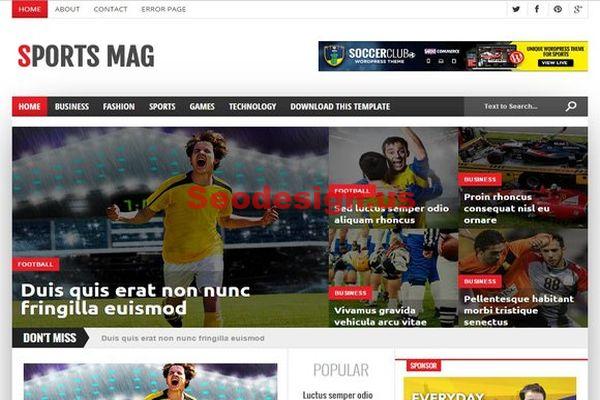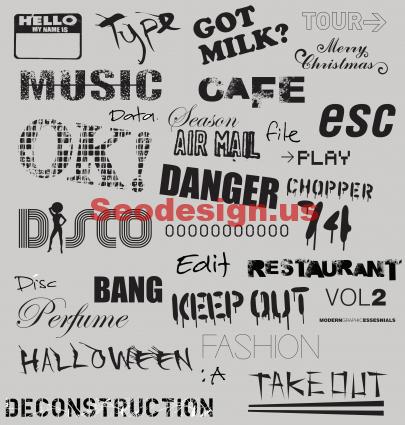Are you missing out on the “big picture” of your landing pages?
Whether you’re trying to drive subscribers or convert visitors into customers, there’s perhaps nothing more frustrating than a high bounce rate and little to no rhyme or reason as to why the clicks aren’t coming.
Here’s the deal: all it takes is one element of your landing page to be “off” to cause your leads to bounce. Although not all of our traffic is created equal in terms their wants and needs, it’s important for all of the elements of your landing pages to come together. From establishing a sense of trust to leading your traffic to Point A to Point B, it’s crucial to understand what exactly makes an effective landing page.

Below we’ve outlined three elements to consider when optimizing your landing pages for clicks and conversions. With each of these pieces of the puzzle in mind, you can better understand what you might currently be neglecting in terms of your own site. While there is no one-size-fits-all approach to converting customers, understanding these elements can be a huge help.
The More Graphics, the Better
Simply put, the era of the long-winded sales letter is coming to an end. The more visual you’re able to make your landing page, the more opportunities you have to catch the eyes of your visitors.
You don’t need to be a full-fledged graphic designer to create designs for web pages to win over your traffic, either. Either through design templates or using customer photos (think: screenshots, product photos), you can break up your landing page with imagery to keep the interest of serial scrollers.
As a quick caveat, make sure that whatever you’re doing image-wise isn’t too intensive on your traffic, especially mobile users. Running a site speed test is a solid idea for any site but especially your landing pages where slow loading could result in bounced traffic.
…But Rethink Your Hero image
If you’re using a hero image, bear in mind that such a visual is prime real estate and could ultimately make or break your landing page at a glance. The best practices of optimizing your hero images include
- Using high-quality, high-res images
- Billboard-style copy, using only a few words and encouraging your readers to scroll to learn more
- Highlighting some sort of benefit (in other words, don’t be too salesy or pushy with your copy)
Incorporate Some Trust Elements
Regardless of what you’re saying or selling, you can’t hope to gain much traction with your traffic if they can’t trust you. Beyond customer photos, some elements of social proof you can incorporate on-site include…
- Reviews and testimonials: evidence of satisfied customers builds your credibility and doesn’t force your traffic to wonder whether or not you’re legit
- Badges, buttons and disclaimers: trust seals and money-back guarantees can help ease the mind of skeptical traffic
- Social media buttons: often overlooked, these elements show that you’re a real person beyond the page and aren’t just some scammer looking for a quick buck
When you pay attention to these sorts of elements, you poise your landing pages for more clicks and conversions. Use this checklist against your current pages to see what you might be missing: the potential results from these small changes might surprise you.





